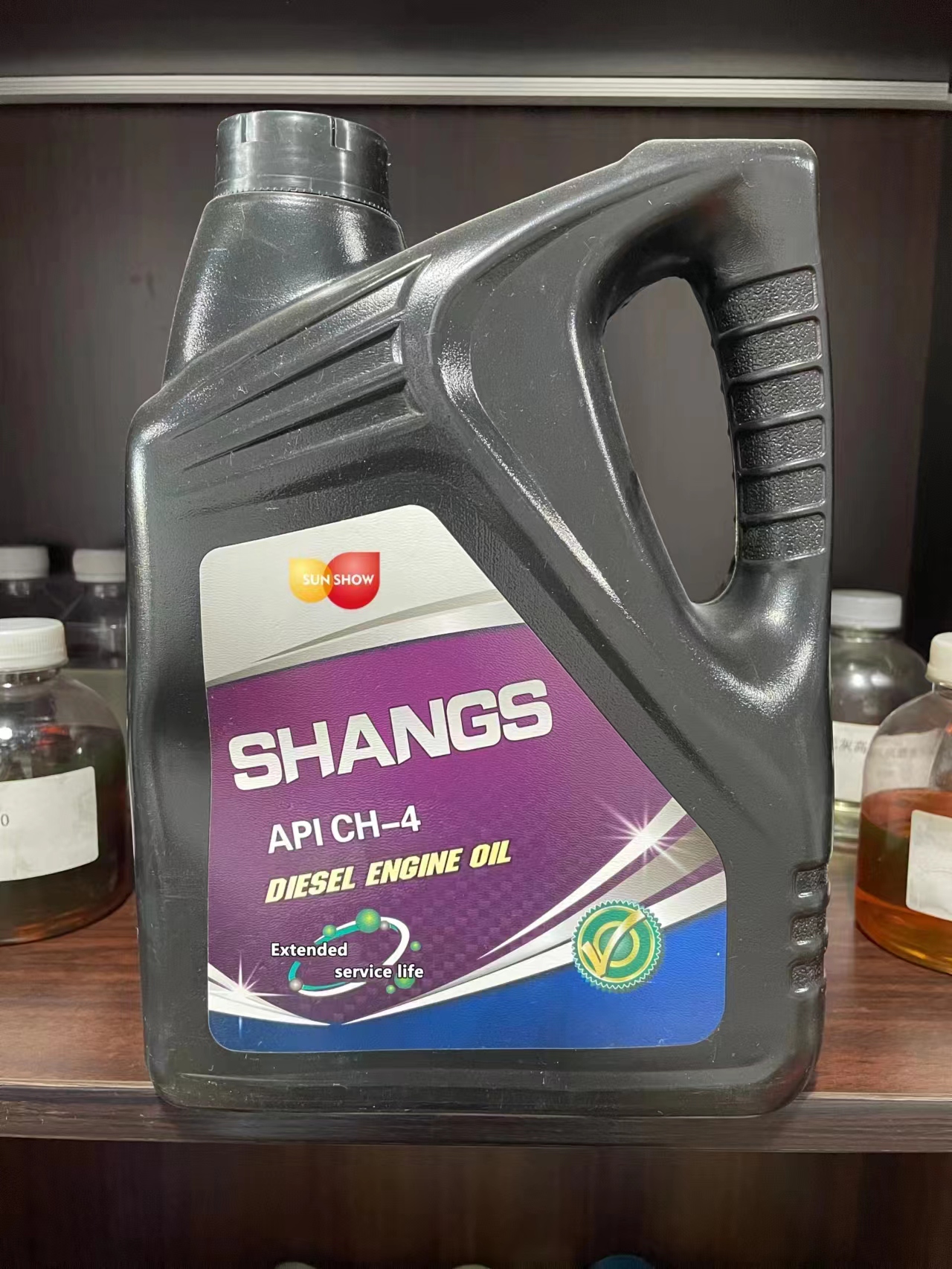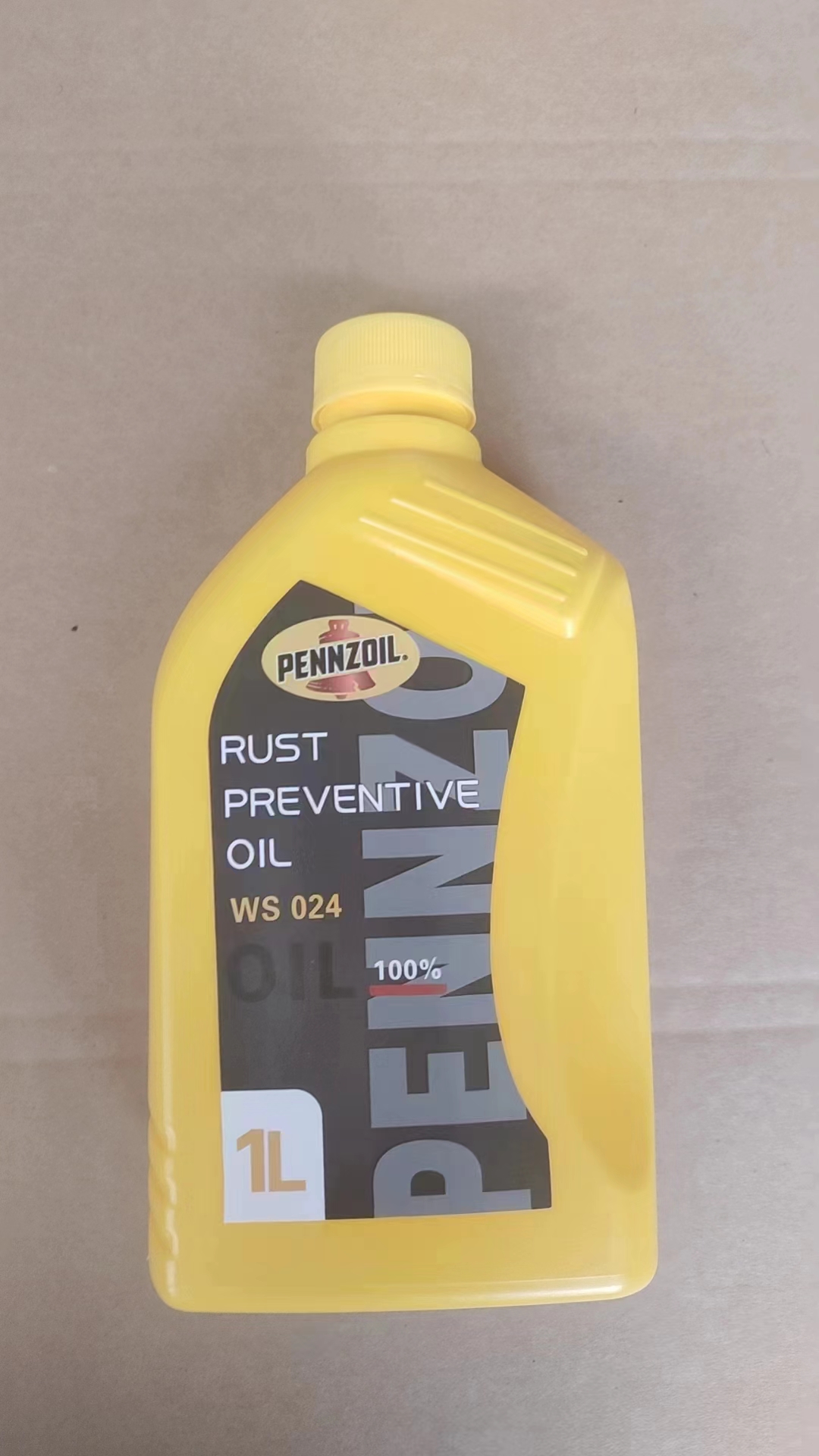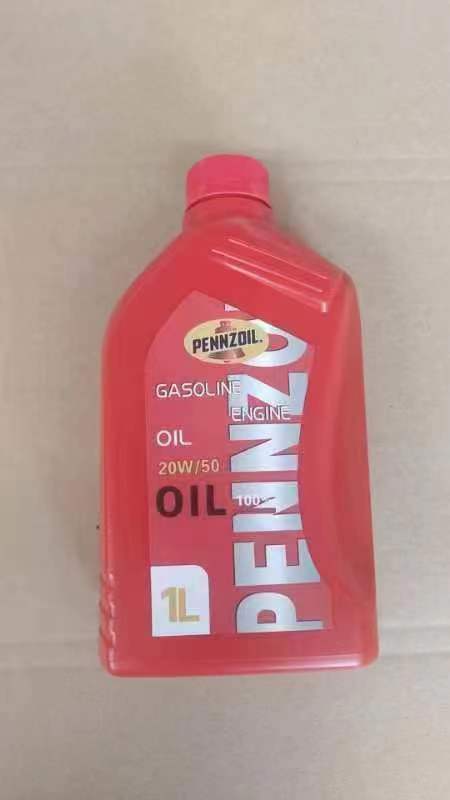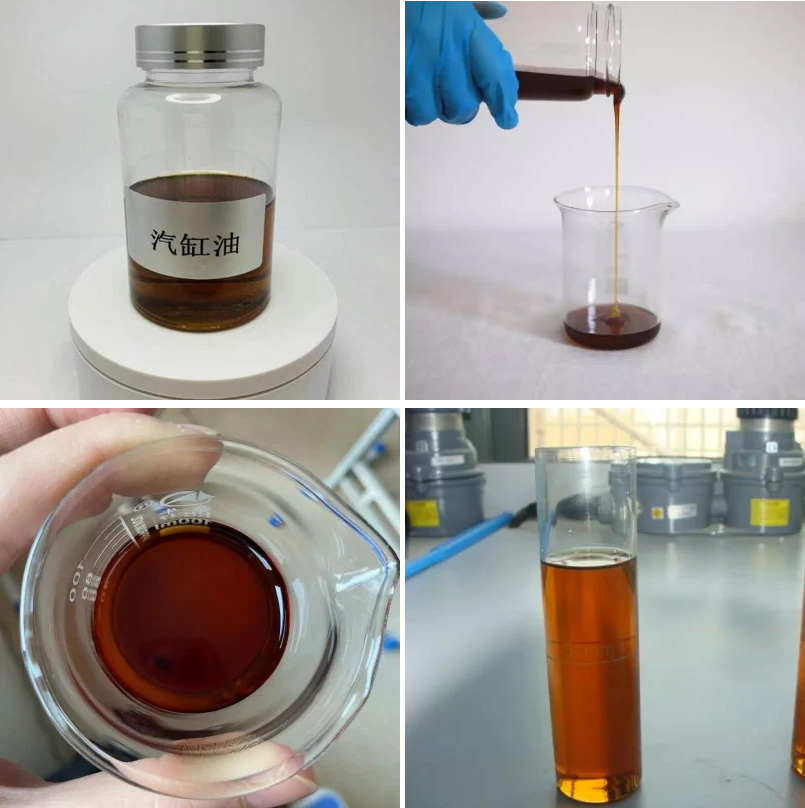PRODUCT PROFILE
Marine cylinder oil is used for lubrication between piston and cylinder liner in low speed crosshead engines. One-time lubrication is accomplished by cylinder lubricator and burned off with fuel oil. Low speed two-stroke diesel engines mostly use heavy fuel with high sulfur content, which requires cylinder oil to have a high alkali value to neutralize sulfuric acid or sulfite formed by combustion, so as to reduce corrosion and corrosion wear. Therefore, the cylinder oil base value is relatively high, generally 40TBN-70TBN (total base value) New ultra-long stroke high explosion pressure engine even uses 80TBN-100TBN gas gold oil.
MAIN PERFORMANCE
(1) High viscosity
The viscosity of the cylinder oil should be enough to maintain a firm oil film at the high temperature of the cylinder, and play the role of anti-bite and sealing.
(2) Good lubricity
The cylinder oil should have good lubricity on the surface of the cylinder with high heat and have the effect of resisting water vapor washing.
(3) Low volatility, high flash point
It is necessary to ensure that the oil will not affect the lubrication and sealing effect due to volatilization at high temperature.
(4) Good thermal oxidation stability
In the case of high temperature contact with oxygen, the oil should not be easy to oxidize, gel and form carbon deposits.
(5) Good emulsification resistance
The cylinder oil is often easily mixed with condensate water, so it should have good anti-emulsification, and the condensate can be separated from the oil without emulsification.
APPLICATION
It is suitable for lubrication of steam engine cylinder and sliding parts in contact with steam, and can also be used for lubrication of other high temperature and low speed mechanical parts.
Cylinder oil used in steam engine cylinders, cylinder oil is affected by pressure and temperature, but also by condensate water flushing. Because the steam in the cylinder does work to expand, the pressure drops, the temperature will inevitably decrease, and some of the steam will condense. This is particularly noticeable on cylinders with poor insulation and excessively long pipes. The condensate can wash the lubricating oil from the friction surface and cause dry friction and wear. The temperature of superheated steam can be as high as 300¡æ-400¡æ, sometimes as high as 450¡æ. At this time, the oil is often decomposed by high temperature during the working process. In addition, air will leak into the cylinder, and the cylinder oil will be in contact with the air, resulting in oxidation.
PRODUCT PARAMETER
|
Test project
|
Quality index
|
Test method
|
|
|
Mineral type
|
Synthetic type
|
|
|
680
|
1000
|
1500
|
1500
|
|
Kinematic viscosity £¨40¡æ£©mm /s¡Ü
|
748
|
1100
|
1650
|
1650
|
GB/T11137
|
|
Kinematic viscosity £¨100¡æ£©mm /s
|
20-30
|
30-40
|
40-50
|
60-72
|
GB/T265
|
|
Viscosity index
|
¡ª
|
110
|
GB/T2541
|
|
Flash point coc¡æ ¡Ý
|
240
|
260
|
280
|
320
|
GB/T3536
|
|
Pour point ¡æ ¡Ü
|
18
|
20
|
22
|
¡ª
|
GB/T3535
|
|
Carbon residue/% ¡Ü
|
2
|
2.5
|
3
|
3.8
|
GB/T268
|
|
Ash content/% ¡Ü
|
0.03
|
GB/T508
|
|
Asphaltenes content/% ¡Ü
|
0.13
|
SH/T0266
|
|
Moisture content % ¡Ü
|
0.05
|
GB/T260
|
|
Mechanical impurities % ¡Ü
|
0.03
|
GB/T511
|
|
Water-soluble acid or alkali/
|
0
|
GB/T259
|
  

|